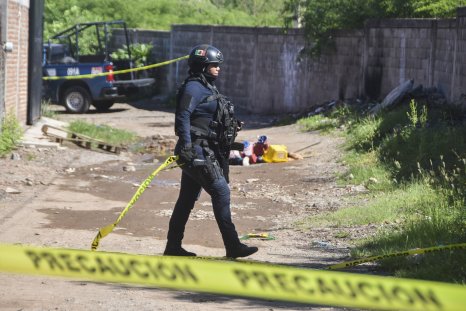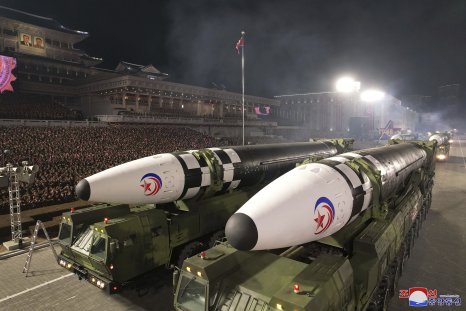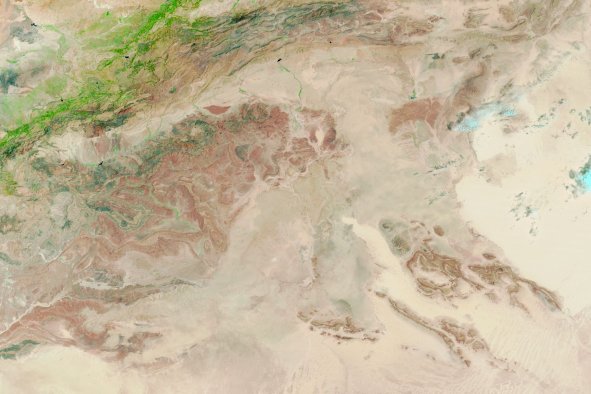President Joe Biden's nominee to lead U.S. Forces Korea has warned of the rising threat posed by North Korea's advancing nuclear program.
"Most assuredly, I understand the need to defend the homelands. North Korea's rapid advancement of its nuclear and missile capabilities, combined with its stated ambition to exponentially expand its nuclear arsenal, is the single greatest challenge facing the tri-commands," Lieutenant General Xavier Brunson told the Senate Armed Services Committee during his confirmation hearing Tuesday.
If confirmed, Brunson would replace General Paul LaCamera, who has led the nearly 30,000 service members stationed in South Korea since July 2021. LaCamera also heads the tri-commands, which include U.S. Forces Korea, United Nations Command and the U.S.-South Korean Combined Forces Command. Together, the commands coordinate defense operations and enforce the armistice that ended active hostilities on the Korean Peninsula in 1953.
North Korean leader Kim Jong Un this month vowed to "steadily strengthen" the country's United Nations-sanctioned nuclear program in response to the "grave" security threat posed by the U.S. and its allies.
"Having spent the last five years focused on the Indo-Pacific, I can tell you that the environment is both complex and dynamic," Brunson said. "I'm aware of the threat South Korea faces and fully understand that my role, if confirmed, is ensuring a constant state of readiness for all forces on the peninsula."
Newsweek reached out to the North Korean Embassy in China outside office hours with a written request for comment.
The Federation of American Scientists estimated earlier this year that North Korea has developed some 50 nuclear warheads since it announced its first nuclear weapons test 18 years ago.
The country has enshrined nuclear capabilities in its constitution via amendment, and the Kim regime continues to carry out frequent ballistic missile tests, further fanning tensions with the South.
Last week, North Korean state media released photos that appeared to show, for the first time, a long-suspected second uranium enrichment site.
Senator Deb Fischer, a Nebraska Republican, asked how Brunson would reassure South Korea that the U.S.' "nuclear umbrella" over its ally remains strong amid North Korea's "destabilizing actions."
Brunson responded that he would start "by making a careful assessment to avoid any miscalculation and by engaging closely with our ally in [South] Korea to explain what we are seeing."
"At its core, it's about assuring our partner that we stand by them, and that they are protected under both a conventional and nuclear umbrella on the peninsula," he added.
In a South Korean poll released earlier this year, about two-thirds of respondents expressed confidence in Washington's guarantees to extend its nuclear capabilities to protect the country.
Two-thirds of South Koreans now favor developing their own nuclear weapons, according to the survey. Foreign Minister Cho Tae-yul said in July that such an undertaking would require "further consideration."
Disclaimer: The copyright of this article belongs to the original author. Reposting this article is solely for the purpose of information dissemination and does not constitute any investment advice. If there is any infringement, please contact us immediately. We will make corrections or deletions as necessary. Thank you.



